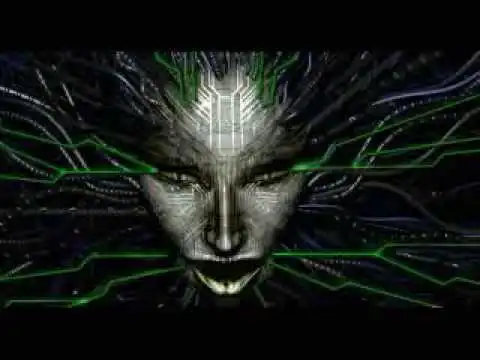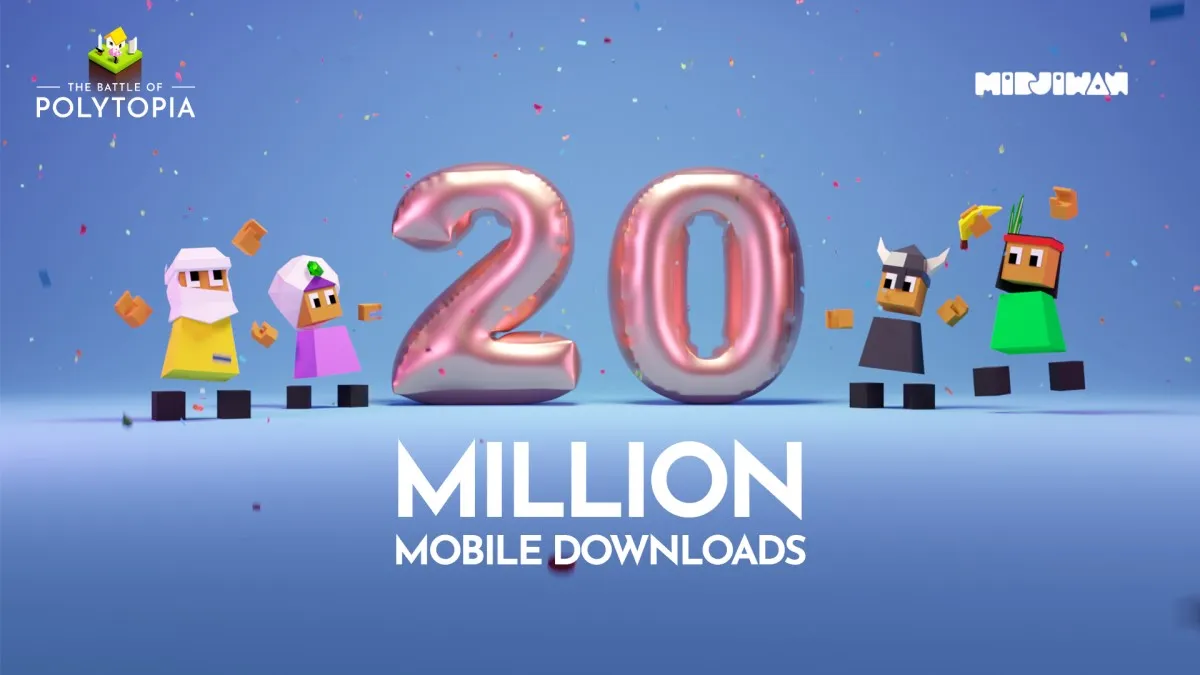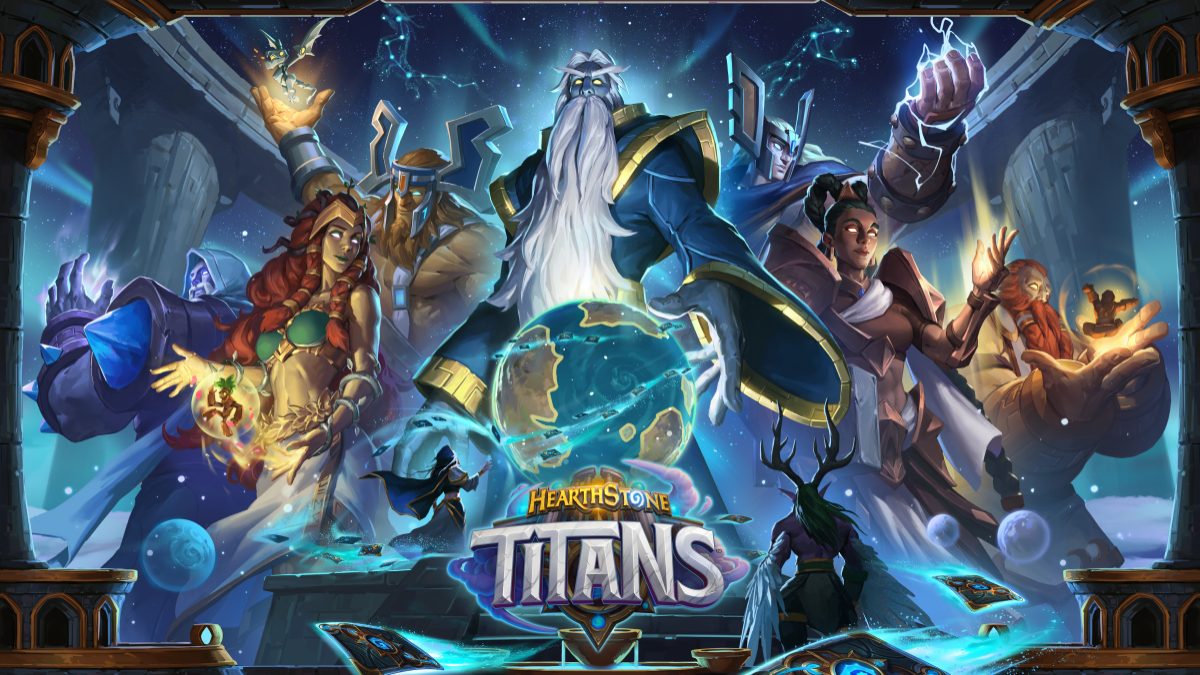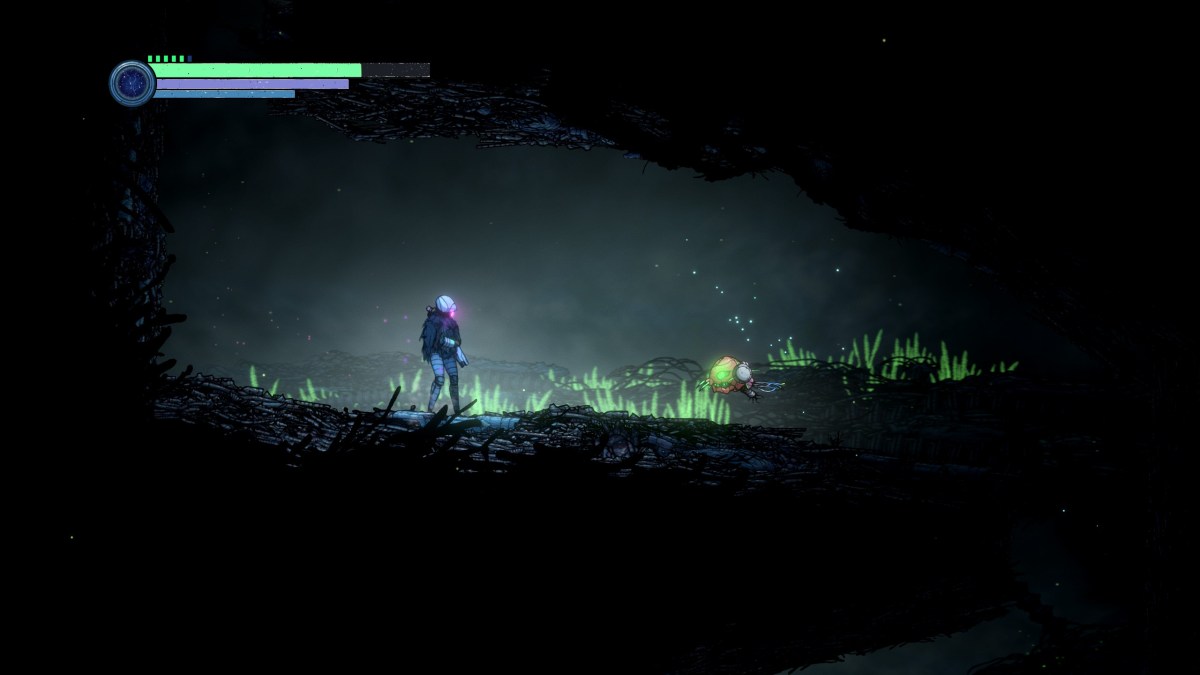IncGamers invited two of the original developers on System Shock 2, Jon Chey (Project Manager / Creature Behaviour and AI) and Dorian Hart (Numbers Balancing / Level Design,) to replay and discuss the game. Almost fifteen years on from release, how do the developers think the game holds up?
We discuss the legacy and influence of the System Shock series, System Shock 2‘s link to the lost Looking Glass title Junction Point, why Ken Levine is obsessed with mo-capping monkeys and EA’s terrible suggestions for cover art.
This is a slightly edited (for brevity) transcript of the System Shock 2 Podcast Special, which you can listen to in full over here. What follows is a wide-ranging discussion of the game, so that means huge potential spoilers for anybody out there who just bought the re-issued version or something. Just so you know.
Peter [Parrish]: Hello, welcome to an IncGamers Podcast Special all about System Shock 2. My name is Peter Parrish and I’m joined by fellow IncGamers writer Tim McDonald. Hello Tim.
Tim [McDonald]: Hello.
Peter: More importantly, we’re joined by two people who actually worked on System Shock 2. They are Jon Chey and Dorian Hart, hello guys.
Jon [Chey]: Hello.
Dorian [Hart]: Hello.
Peter: Just to get some formalities out of the way I’m going to ask you both to explain what you did on System Shock 2. Let’s start with you, Jon.
Jon: Sure. I did a grab-bag of things on System Shock 2. I was the project manager, which meant that I organised the schedules and tried to get the project done on time, which was a crazily difficult task. As well as that I wrote most of the AI and worked on monster behaviour. I was one of, I think, three or four programmers on the title.
My third job was running our fledgling company, Irrational Games. System Shock 2 was the first project we shipped, though not the first project we worked on. I did all of the exciting things like paying people’s salaries and filing our tax returns and those sorts of things. So I basically felt like I had three jobs at once, and that was probably the busiest time of my life. But also a lot of fun.
Peter: Dorian, what did you do? Were you also juggling twenty jobs at once? [Laughs]
Dorian: No, I did somewhat of a grab-bag but it was a much smaller and more tattered grab-bag than Jon’s. My primary role was “the numbers guy.” I did a lot of gameplay and economy balancing, playing with spreadsheets of how much damage enemies do, that sort of thing.
I also built some of the game spaces. I remember doing the training area at the beginning, which came somewhat late in the project when we decided we really needed to train the player on all of our myriad game systems. And I also implemented a bunch of little gameplay moments into other levels. I remember going through some of the levels and adding ambushes and those eggs that spewed out deadly worms and that sort of thing.
Peter: Oh, well, thanks for those. [Laughter]
Dorian: You’re quite welcome! I think that was probably the most fun I had. Not that the whole thing wasn’t fun.
Peter: In preparation for this we’ve all dived back into the game again. So I guess we’ll begin by finding out how long its actually been since you guys have played it, and what stuck out for you? What did you think, playing it again?
Jon: I haven’t played the game since we shipped it, which is typical for me. Playing the games I’ve worked on, I usually get that cringy kind of feeling from looking at a thing you’ve created. It’s an overly familiar thing that you don’t particularly want to look at again. But actually I think it’s now far enough back that I don’t feel that about System Shock 2. I do still feel that about Freedom Force, which I looked at sometime in the last year, but that’s another story.
I think System Shock 2 does feel pretty clunky in many ways. There’s a lot of interface development that’s gone on since then, both in the wider industry and within my own design ideas. It’s very hard for me to look at things I’ve worked on and not be critical.
At the same time I was also surprised by how well the game stands up once you get past the interface and the fairly ropey mo-cap that we did, and the low polygon character models which I would think are the weakest aspects of the game. Once you get past those things, I think the game is still really, really interesting and very atmospheric. It has a lot of other features that carry it and make it still a very compelling world to be in, so I was very pleased with that.
And I think it’s still a very challenging game, which is part of its appeal. We were talking just before [the recording] about Dark Souls and I was thinking about that game when I was playing System Shock 2, because I think they have a lot of things in common. They don’t apologise to the player for being difficult. They’re in the vein of presenting challenges and unpleasant difficulties for the player being the mood of the game. What did you think Dorian?
Dorian: I certainly noticed a bunch of the same stuff, like the interface. I remember back when we were making it and playing it right after, as we were shipping it, it never occurred to me to remap any [of the controls] because it all just felt natural. But when I played it a few days ago, the very first thing I realised was that all my keys were mapped strangely. [Laughter] I had to remap about eight different things to match my evolved sensibilities.
I benefitted from the fact that my long-term memory isn’t very good so I got to rediscover all sorts of things. I had forgotten just how claustrophobic it was. I knew it was very atmospheric, but compared to things I’ve played more recently it felt very constrained and all the more scary for that. I knew that if anything was going to jump out at me, it was going to do it from quite close by.
Jon: Possibly behind you.
Dorian: Quite often behind me!
Jon: Things don’t often do that in modern games, because they want to make sure the player sees something and understands what’s going on. Sometimes in System Shock 2 things happen to you that you don’t understand and it takes you a while to figure out what’s going on.

Dorian: I was also reminded of how resource-stingy we were. You were talking about difficulty. Really, the difficulty came from our over-the-top stinginess with resources.
Jon: OUR over-the-top stinginess? I think it might have been YOUR over-the-top stinginess, since you did all the spreadsheets. [Laughter]
Dorian: Well, hey, it was a team effort. There aren’t many modern shooters where individual bullets matter so much and you regret every one you have to shoot. Every time I wasted a bullet on a security camera I felt like I was going to want that bullet again five minutes later. And often did.
The biggest balance challenge from the time was avoiding the “death spiral.” I don’t know how well I succeeded at that. I guess I succeeded well enough not to make the game terrible, but I could already feel the death spiral tugging at me in my replay. We let you resurrect, but when you resurrect it costs you. In theory you could run out of resources, run out of money and just have to start afresh.
Jon: You could go back and grind at certain parts of the game, but at the beginning you have a problem where you can’t really do that.
Dorian: Yes.
Jon: And grinding can sometimes be not that profitable, once you’ve cleared out an area.
Dorian: That’s a recourse you have, but I think we’d have preferred people to always think that they’re about to run out of resources, but never ACTUALLY run out of resources. I tried to balance things so that we were walking on that thin line, but certainly I fell off that line a couple of times in the last 48 hours playing.
Jon: We didn’t have any of that modern idea of adaptive difficulty where we’d notice you’re getting into trouble and catch you up. You know, the Mario Kart thing “hey I notice you’re last so I’m going to accelerate you because I want you to have a competitive, fun experience.” System Shock 2 was an old school game. “Hey, you’ve fallen behind? That’s your problem.”
Dorian: “Too bad.”







Published: Aug 22, 2013 10:21 pm